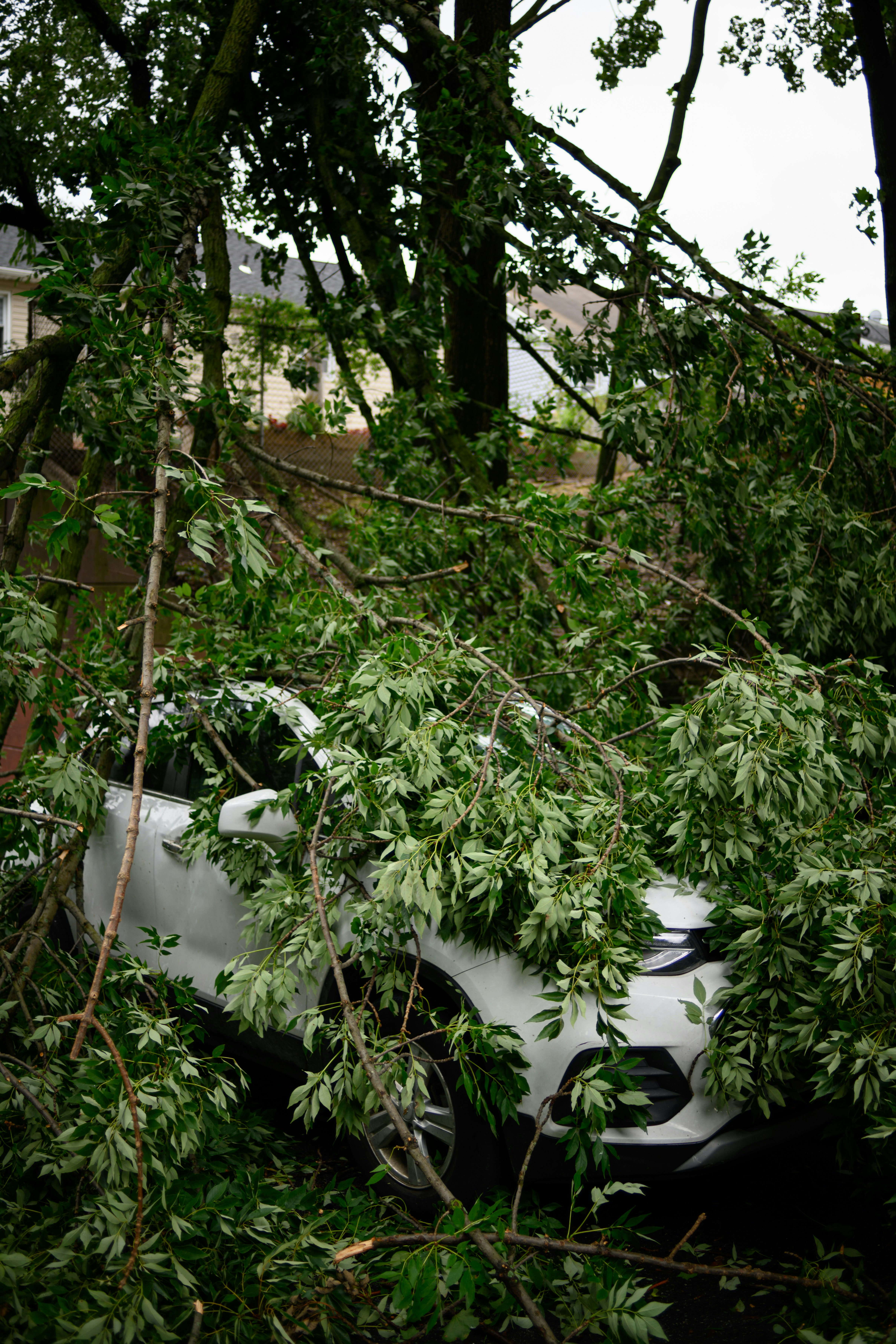Why Resilience Training is Crucial for First Responders
In hurricane-prone regions like Florida, first responders play a pivotal role in mitigating the impacts of these catastrophic events. From hurricanes Ian to Katrina, each storm highlights the essential need for resilience training. This training empowers first responders to efficiently and effectively manage high-pressure situations, ensuring community safety and reducing potential losses.
First responders are the backbone of any emergency response plan. The challenges they face are not just physical but mental, as the stress of disaster scenarios can be overwhelming. Resilience training equips them with the necessary skills and psychological fortitude to navigate these challenges, enabling them to support affected communities better.
The Components of Effective Resilience Training
A comprehensive resilience training program includes several key components:
1. Physical Preparedness: This involves training that enhances physical endurance and strength, ensuring that first responders can perform under the demanding conditions of a hurricane aftermath.
2. Psychological Resilience: Coping mechanisms and stress management techniques are integral to maintaining mental health during and after disasters.
3. Technical Skills: Practical skills such as emergency medical procedures, search and rescue tactics, and use of technology are crucial.
4. Communication: Effective communication strategies are essential for coordinating efforts among diverse teams and with the public.
The Role of HelpNow in Training Initiatives
At HelpNow, we understand the importance of preparing first responders for any eventuality. Through our various emergency preparedness courses, including CPR training and core safety training, we provide the knowledge and skills necessary to enhance resilience. By supporting first responders, we contribute to a more robust emergency response infrastructure.
Implementing Advanced Technologies in Training
As technology evolves, so too does the potential for enhanced training programs. Virtual reality (VR) simulations, for instance, provide realistic disaster scenarios that can help responders practice response strategies in a controlled environment. These innovations prepare first responders for the complexities of real-world disasters by honing their decision-making skills and adaptability.
Another promising area is the use of predictive modeling and AI to anticipate potential hurricane impacts. This allows for more targeted training programs that address specific vulnerabilities within communities. With advanced warning and preparation, first responders can better allocate resources and reduce response times.
The Benefits of Community Involvement
An effective hurricane response requires collaboration not just among first responders but with the community as a whole. Engaging local communities in hurricane drills and preparedness activities fosters resilience at a grassroots level. By doing so, first responders are not only better supported but also understand community-specific needs and resources available.
Encouraging communities to participate in training sessions and mock drills can significantly enhance overall preparedness. It helps demystify the response process, allowing individuals to understand their role and the role of first responders during a crisis.
Learn More About Resilience and Preparedness
For those interested in supporting first responders or becoming one, consider volunteering with organizations like HelpNow. Through our volunteer opportunities, you can play a vital role in strengthening our emergency response capabilities.
For detailed information on hurricane preparedness strategies and protocols, the Federal Emergency Management Agency (FEMA) provides valuable resources, which can be explored on their official website.
As we continue to face the growing threats of hurricanes, particularly with climate change increasing their frequency and intensity, the importance of resilience training for first responders cannot be overstated. Investing in such training programs is not just an investment in the safety of first responders but in the safety of our communities at large.
Prepare with confidence and ensure you’re ready when disaster strikes. Join us at HelpNow and be part of a proactive movement towards disaster readiness.

